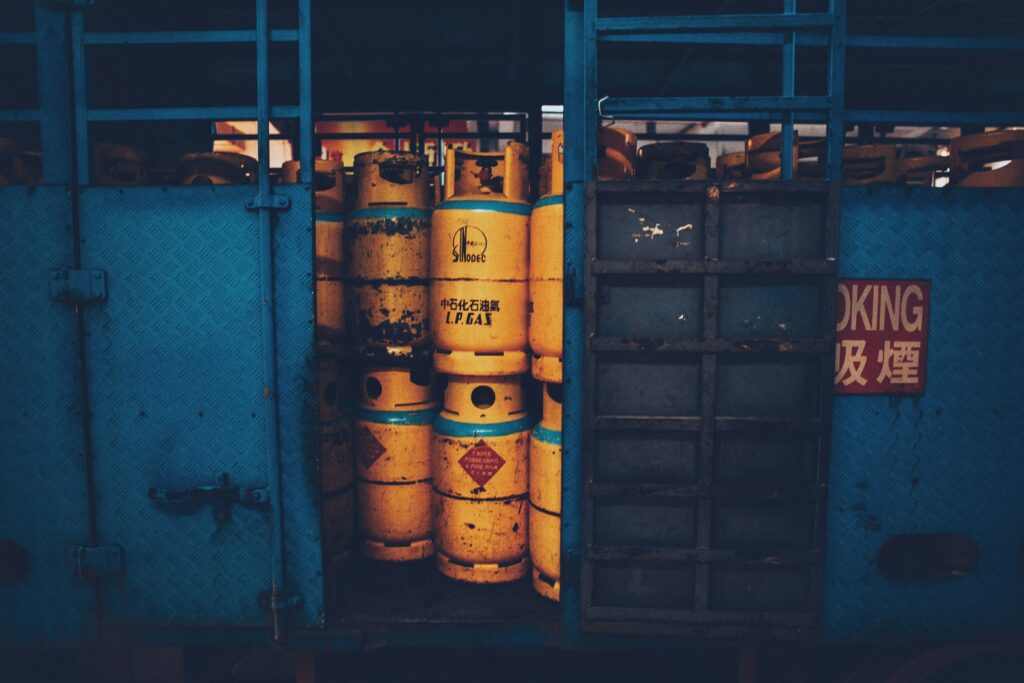The European Union (EU) unveiled a thorough set of standards to direct decisions about gas imports as they continue to negotiate their changing energy environment.
The requirements will balance with its environmental and geopolitical objectives, prioritizing de-risking, climate considerations, methane intensities, and transportation security, as Bruegel.org reports.
Standards Impact
The new standards also serve as a reminder to international gas suppliers of stricter security value and the importance of environmental regulations. The new set of norms will act as a compass for even-handed and progressive energy policy as the EU negotiates the intricate relationship between energy demands, environmental objectives, and geopolitical dynamics.
Natural gas imports have long been necessary for the EU to meet its energy needs. But recent geopolitical tensions—especially with Russia—have highlighted the difficulties associated with relying on imports for energy. According to POLITICO, French National Rally (RN) party has promised that if given the chance to lead, they will change the nation’s energy and climate policies, but without a majority it is unclear what the future of French clean energy looks like. Furthermore, the EU’s aggressive climate goals, as stated in the European Green Deal, demand a review of its energy policies and sources.
Nonetheless, de-risking the energy supply will remain of the key challenges. The crisis in Ukraine and the sanctions imposed on Russia’s energy exports have highlighted the importance of diversification. By looking for alternate suppliers, such as increasing imports from the US, Qatar, and North Africa, the EU hopes to reduce risks. This strategy guarantees more steady and predictable energy supplies while also reducing reliance on any one source.
The new gas import regulations from the EU are a component of a larger plan for energy security and sustainability. As the world faces increasing environmental challenges and geopolitical uncertainties, the EU’s leadership in developing and enforcing these standards will have a significant impact on the future of global energy.














